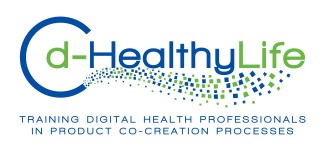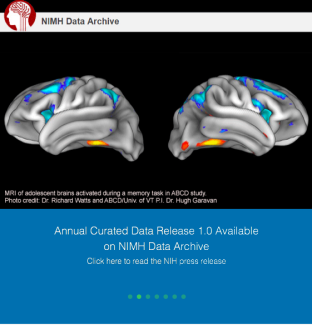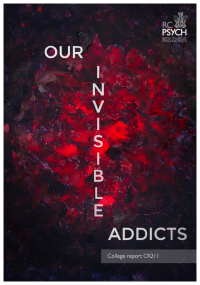Applying interventions designed to reduce and manage the symptoms of substance use disorders.
Treatment
D-Healthylife Interdisciplinary Co-Creation Workshop in Barcelona
As part of the d-HealthyLife initiative EIT Health Campus is offering a full day co-creation workshop.

Incubation of Cue-Induced Craving in Adults Addicted to Cocaine Measured by Electroencephalography
Key Points Question: Does cue-induced craving follow a parabolic trajectory as a function of duration of abstinence in humans with cocaine use disorders, as previously shown in preclinical studies? Findings: The results of this laboratory...
Vulnerability for Alcohol Use Disorder and Rate of Alcohol Consumption
"Binge drinking" may be more prevelent in individuals with an increased vulnerability to alcohol use disorder (AUD) and could act as an early warning indicator.
Young Adults’ Reasons for Dropout from Residential Substance Use Disorder Treatment
Abstract Dropout from substance use disorder treatment is usually investigated and understood from a perspective of quantitative patient-related factors. Patients’ own perspectives (user perspective) are rarely reported. This study...
Effectiveness Bank Matrix Cell: Getting the Balance Right in Medication-Based Treatment
Seminal and key studies on the role of management in medical interventions for drug dependence. Commentary considers how medication-based treatment can be (re)oriented to long-term recovery, the importance of the right dose, and whether we...
Implementing a Mobile Health System to Integrate the Treatment of Addiction into Primary Care
A recent study carried out by a team of researchers from the University of Wisconsin School of Medicine and Public Health examined the use of mobile health technology in the United States’ health care system. Published in the Journal of...
New Dataset Made Available from Study of Adolescent Brain Development
In February of 2018 the US National Institute of Health (NIH) released the first dataset from an "unprecedented study of adolescent brain development", the Adolescent Brain Cognitive Development (ABCD) study. The study has, to date...

A Randomized, Open Label Trial of Methadone Continuation versus Forced Withdrawal in a Combined US Prison and Jail: Findings at 12 Months Post-Release
Research carried out in in North America has found that offering continued methadone maintenance to those entering the prison system can have positive outcomes.
Our Invisible Addicts
Older adults are often overlooked or even illegally excluded from treatment and support. A recent report found that 75% of residential rehabilitation centres had arbitrary upper age limits and had limited or no disabled access, and follows...

Tratamiento de tabaquismo intenso después de un infarto agudo de miocardio
Resumen El tabaquismo es una enfermedad crónica que afecta a una quinta parte de nuestra población. No obstante, la mayoría de los fumadores no busca tratamiento de su enfermedad ni la considera tal. Algunos pacientes logran controlar la...
